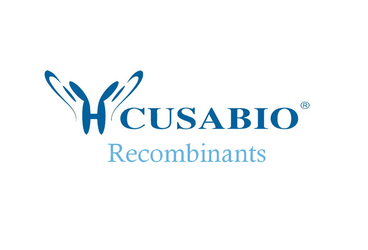
Arabidopsis thaliana Recombinant
Recombinant proteins from Arabidopsis thaliana, a small flowering plant widely used as a model organism in plant biology, can be produced for various research purposes. Arabidopsis thaliana is valued for studying plant genetics, molecular biology, and responses to environmental stimuli. If you're interested in obtaining recombinant proteins from Arabidopsis thaliana, the general process involves cloning the gene of interest into an expression vector and then expressing and purifying the protein in a suitable host system.
Here's an overview of the typical steps involved in producing recombinant proteins from Arabidopsis thaliana:
-
Gene Cloning:
- Identify and isolate the gene of interest from Arabidopsis thaliana. This gene can be involved in a specific pathway, function, or response you are studying.
- Clone the gene into a suitable expression vector. Common vectors include plasmids designed for protein expression in bacterial, yeast, or plant cells.
-
Expression Vector Transformation:
- Transform the expression vector containing the Arabidopsis thaliana gene into a host organism capable of protein expression. Common hosts include Escherichia coli (E. coli) for bacterial expression, yeast cells (e.g., Saccharomyces cerevisiae) for eukaryotic expression, or even Arabidopsis thaliana itself for plant-based expression.
-
Protein Expression:
- Induce the expression of the recombinant protein in the host organism. This typically involves adding an inducer (e.g., IPTG for bacterial systems) to the culture.
-
Protein Extraction:
- Harvest the cells and extract the recombinant protein. This may involve cell lysis and purification of the protein of interest.
-
Purification:
- Purify the recombinant protein using chromatography or other purification methods to obtain a highly pure and functional protein.
-
Quality Control:
- Confirm the identity and purity of the recombinant protein through techniques such as SDS-PAGE, Western blotting, and mass spectrometry.
-
Storage:
- Store the purified recombinant protein under suitable conditions to maintain stability and functionality.
-
Functional Assays:
- Perform functional assays to confirm that the recombinant protein retains its native biological activity.
